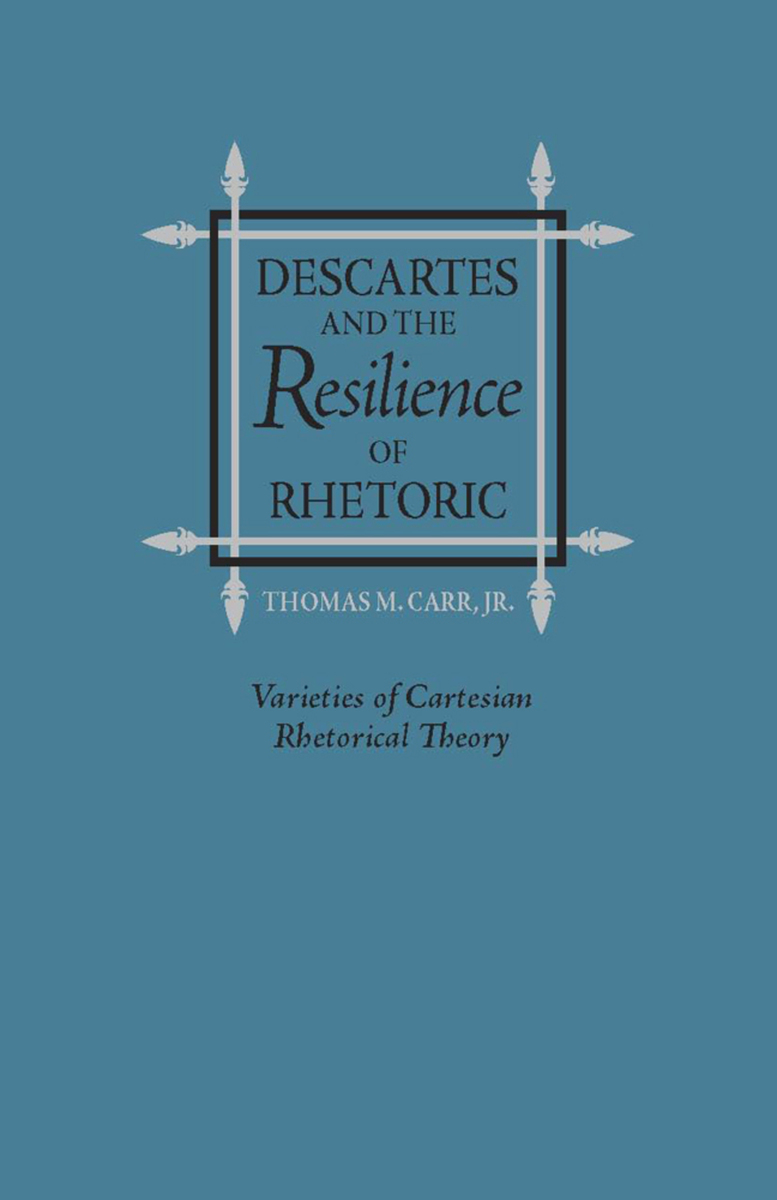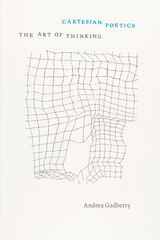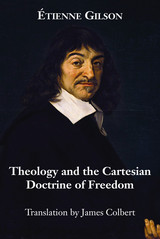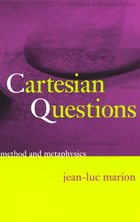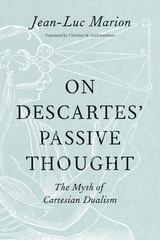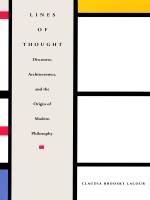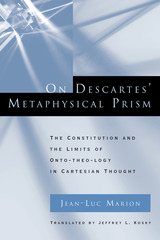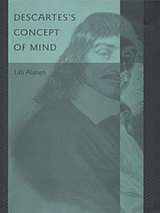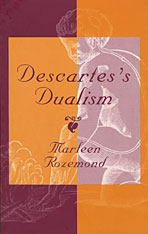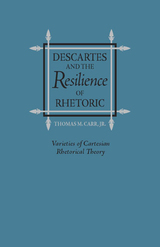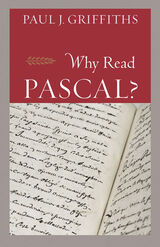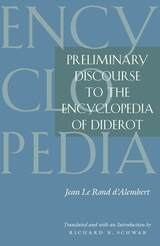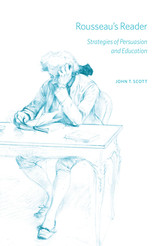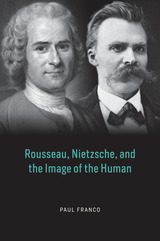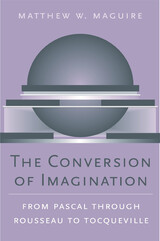Paper: 978-0-8093-2900-7 | Cloth: 978-0-8093-1557-4 | eISBN: 978-0-8093-8648-2
Library of Congress Classification B1878.R47C37 1990
Dewey Decimal Classification 194
A careful analysis of the rhetorical thought of René Descartes and of a distinguished group of post-Cartesians. Covering a unique range of authors, including Bernard Lamy and Nicolas Malebranche, Carr attacks the idea, which has become commonplace in contemporary criticism, that the Cartesian system is incompatible with rhetoric.
Carr analyzes the writings of Balzac, the Port-Royalists Arnauld and Nicole, Malebranche, and Lamy, exploring the evolution of Descartes’ thought into their different theories of rhetoric. He constructs his arguments, probing each author’s writings on rhetoric, persuasion, and attention, to demonstrate the basis for rhetorical thought present in Descartes’ theory of persuasion when it is combined with his psychophysiology of attention.
See other books on: 1596-1650 | Descartes, René | French language | Philosophy, French | Resilience
See other titles from Southern Illinois University Press
